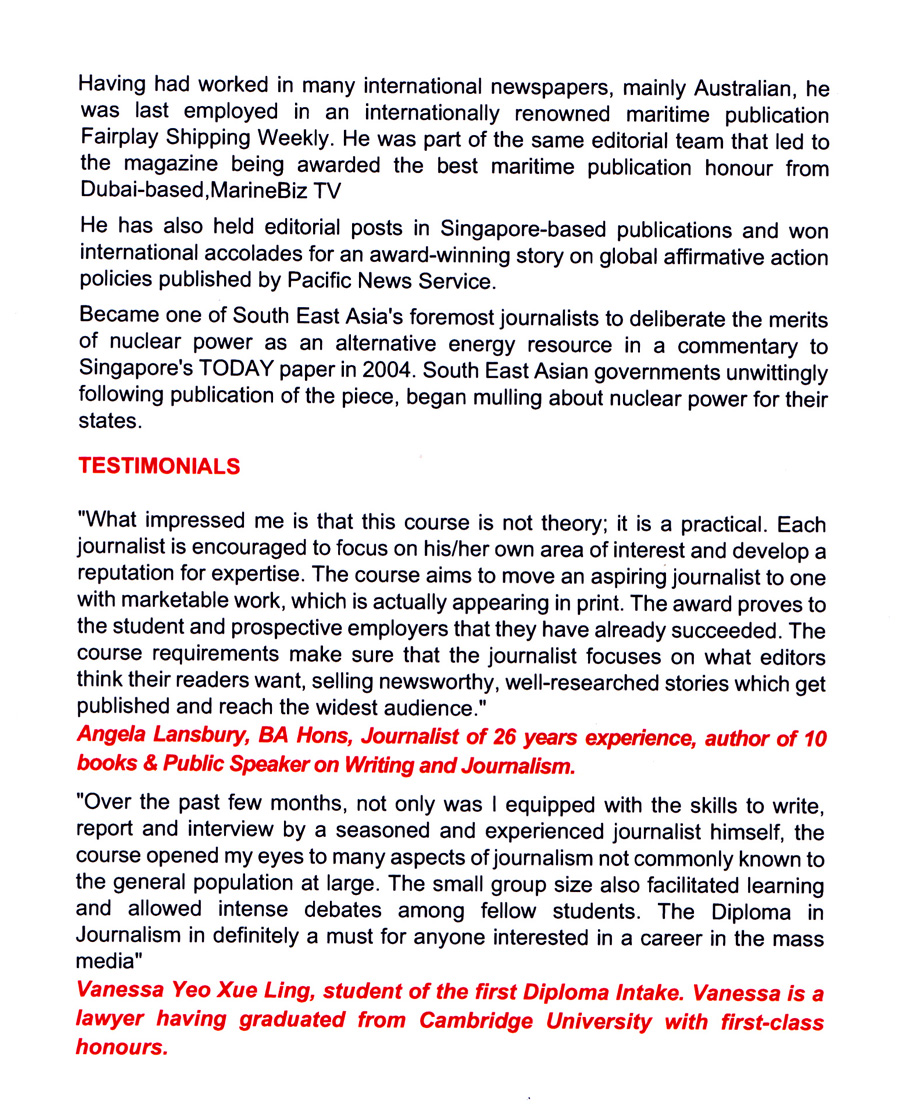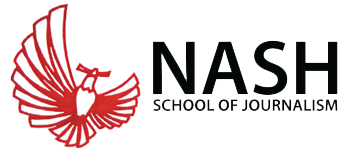
Testimonial


Published on Jan 4, 2012
AS THE new school year is beginning, I would like to remind all students about the need for true education.
As a 16 year-old who has just completed her O-level examinations, I went through most of my classes in school instinctively filtering out whatever I thought wasn’t crucial to help me excel in my examinations.
Practically no one questioned the intricate beauty behind physics or the existential questions behind literature books.
Instead, my schoolmates were fervently memorising physics laws and book quotes. Many questioned the point of memorising notes only to throw them in the bin subsequently.
We must re-examine education’s purpose and offer a classroom atmosphere that encourages questioning and thinking critically. Many students tirelessly work towards attaining a ‘holistic’ achievement record and believe that learning is perceived to be fruitful only when it translates into good grades.
We should take a step back every once in a while and reflect on how education can be extremely important in the real world, by tying it to how it can answer big issues like morality. Only then will we understand the importance of knowledge.
I wish everyone a fulfilling school year ahead.
Nur Diyanah Kamarudin (Miss)
Published on Jan 4, 2012
NEXT Monday will be a red-letter day for all O-level students, including me, who will receive our results.
But while doing well in studies is important and will guarantee us access to reputable institutes of higher learning, let’s not forget that other factors like good character education and people skills – qualities an O-level certificate does not guarantee – are also needed to succeed in life.
While students contemplate where to go after their O levels, they should consider all options that are best suited to their learning abilities and intellectual needs.
The normal route for O-level students is to advance to the A levels. Both examinations emphasise theoretical knowledge, which encourages ‘book smarts’, and less emphasis is placed on independent study.
The International Baccalaureate offers a more holistic approach to study than the A levels, while polytechnics encourage independent learning and first-hand experience.
My point is that it is not always about academic results, but rather the whole education experience, which differs from institution to institution, and which system caters to our needs best.
Ultimately, I feel it should be a compromise between what we need and what we want in life.
Singapore is a pragmatic society but there will always be a place for those who work hard and follow their dreams, regardless of their educational background.
I wish all O-level students the best of luck.
Jasmine Khin (Miss)
